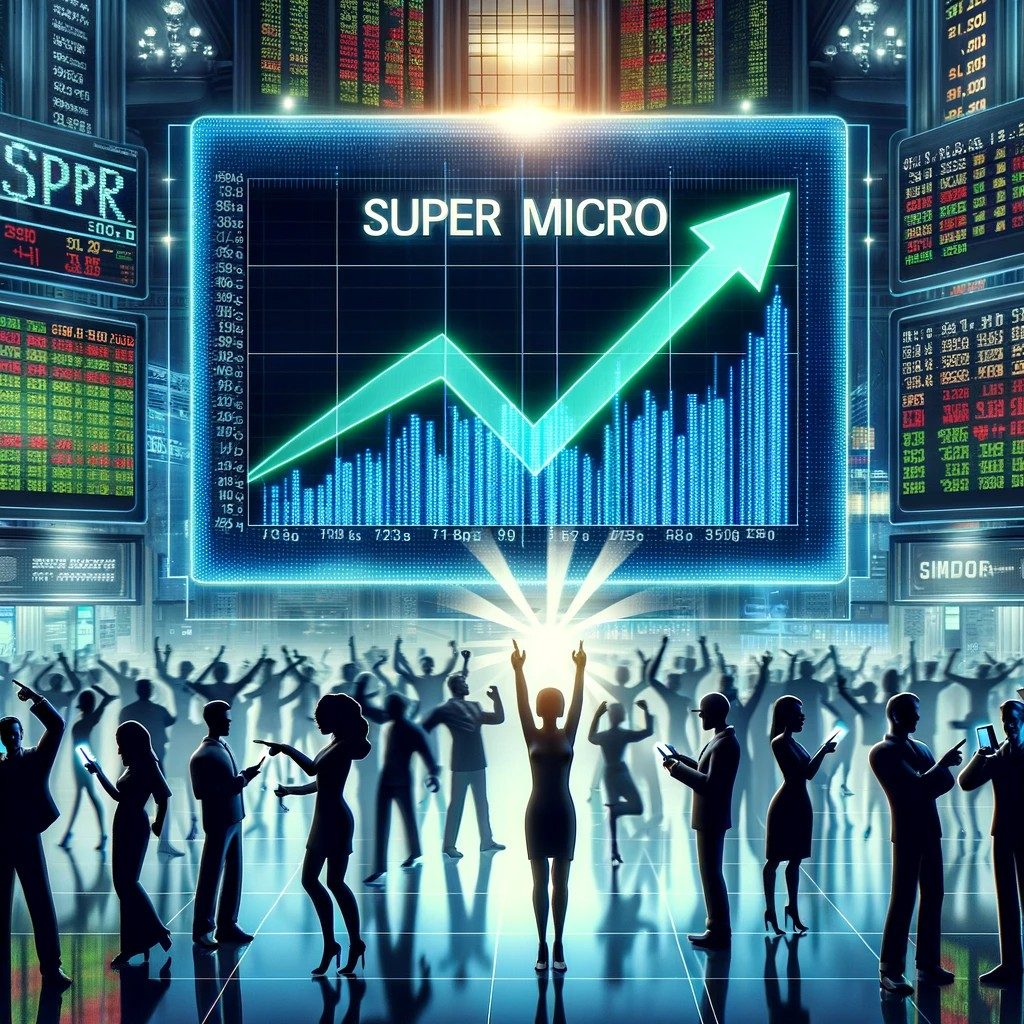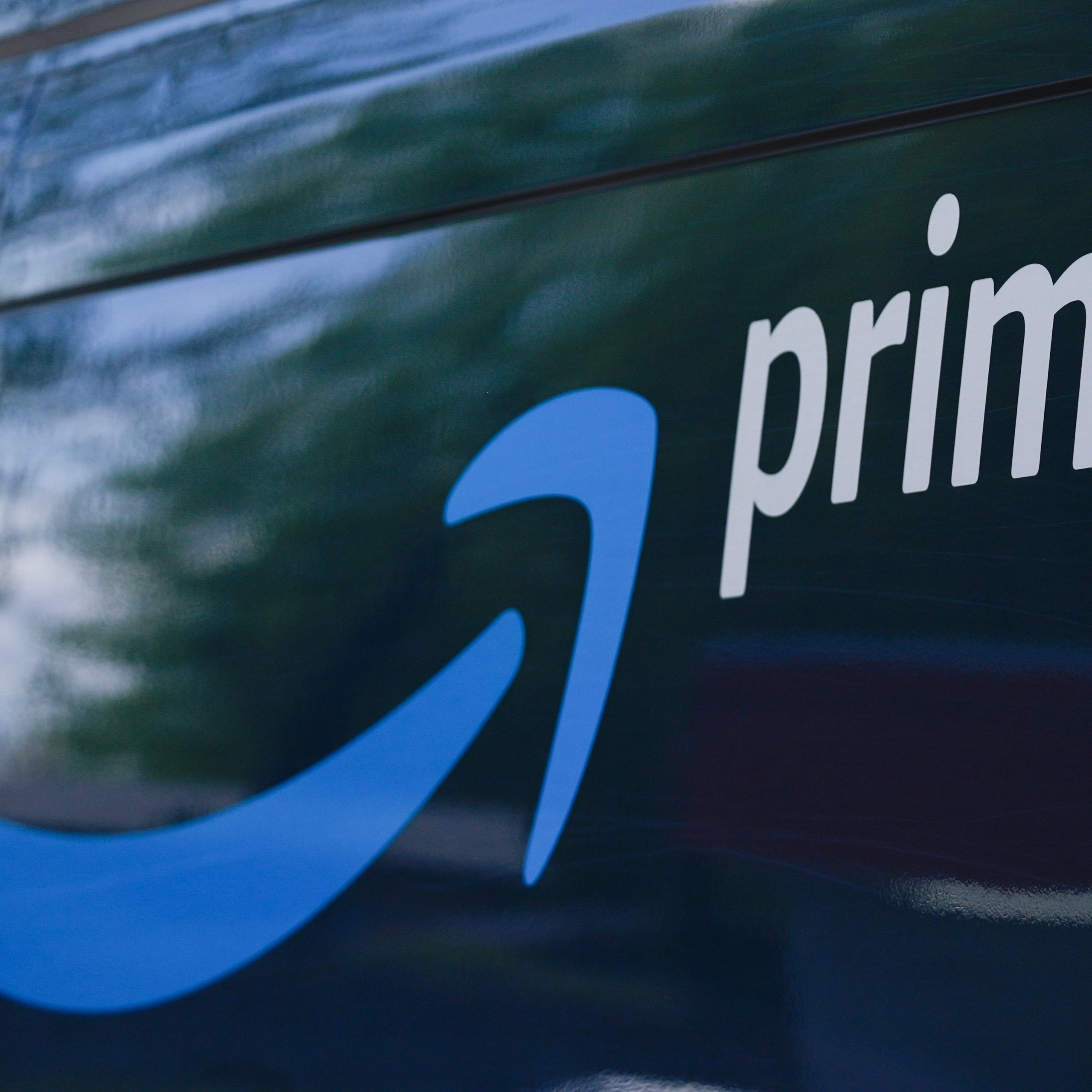In a momentous turn of events, the Screen Actors Guild‐American Federation of Television and Radio Artists (SAG-AFTRA) has reached a groundbreaking deal, marking the end of the longest actors strike in Hollywood history after a grueling 118 days.
The union’s negotiating committee has unanimously approved a tentative agreement, introducing unprecedented protections for actors against artificial intelligence and securing a historic pay increase. This development comes as a sigh of relief for the industry, with the strike officially set to conclude at 12:01 a.m. on Thursday.
Navigating AI concerns and pay increases
Amid the celebrations and relief echoing through the union headquarters, the journey to this historic agreement has been both challenging and rewarding. The negotiations took center stage in recent days, focusing on the delicate balance of protecting actors from the impacts of artificial intelligence while addressing the pressing need for increased compensation.
As the deal neared completion, artificial intelligence emerged as a complex and crucial element to resolve. Duncan Crabtree-Ireland, the union’s chief negotiator, engaged in intense discussions with Carol Lombardini, the CEO of the Alliance of Motion Picture and Television Producers. The intricate negotiations on AI protections set the tone for the final stages of the agreement, reflecting the industry’s commitment to addressing evolving technological challenges.
The negotiated deal not only brings an end to the strike but also secures a historic 7% pay increase for actors. This figure surpasses the increments received by both the Writers Guild of America and the Directors Guild of America, establishing a significant milestone in the quest for fair compensation. Members of the negotiating committee expressed their elation, with Kevin E. West describing the atmosphere as filled with “tears of exhilaration and joy.”
A union’s victory amidst challenges
As the curtain falls on the 118-day strike, union members and industry insiders acknowledge the monumental achievement. While recognizing that the final deal may not be perfect, the unanimous approval speaks volumes about the extraordinary efforts invested in reaching this historic agreement.
Ben Whitehair, a committee member, highlights the deal as a “massive win” for the union, emphasizing the structural changes in compensation on streaming platforms. Despite not achieving all their goals, union representatives express confidence in returning for more negotiations in 2026, driven by the gains made in this agreement. The full details of the deal are expected to be unveiled after the national board’s approval on Friday.
As the strike captains received the news of the agreement, Sean Astin, another committee member, found gratification in informing them that “their sacrifice worked.” The emotional toll of the strike is acknowledged, emphasizing the dedication and perseverance of those involved. With the strike officially called off, actors can return to work on Thursday, bringing a sense of normalcy back to an industry disrupted for over four months.
Securing the future with unprecedented AI protections
As the dust settles and the industry prepares to resume operations, one question lingers: What does the future hold for actors in the age of artificial intelligence? The unanimous approval of this historic agreement provides a glimpse into the resilience of the industry and its ability to adapt to evolving challenges. Will this landmark deal set a precedent for addressing AI concerns in other sectors of the entertainment realm? Only time will unveil the answers as actors, studios, and audiences navigate the ever-changing landscape of the entertainment industry.





